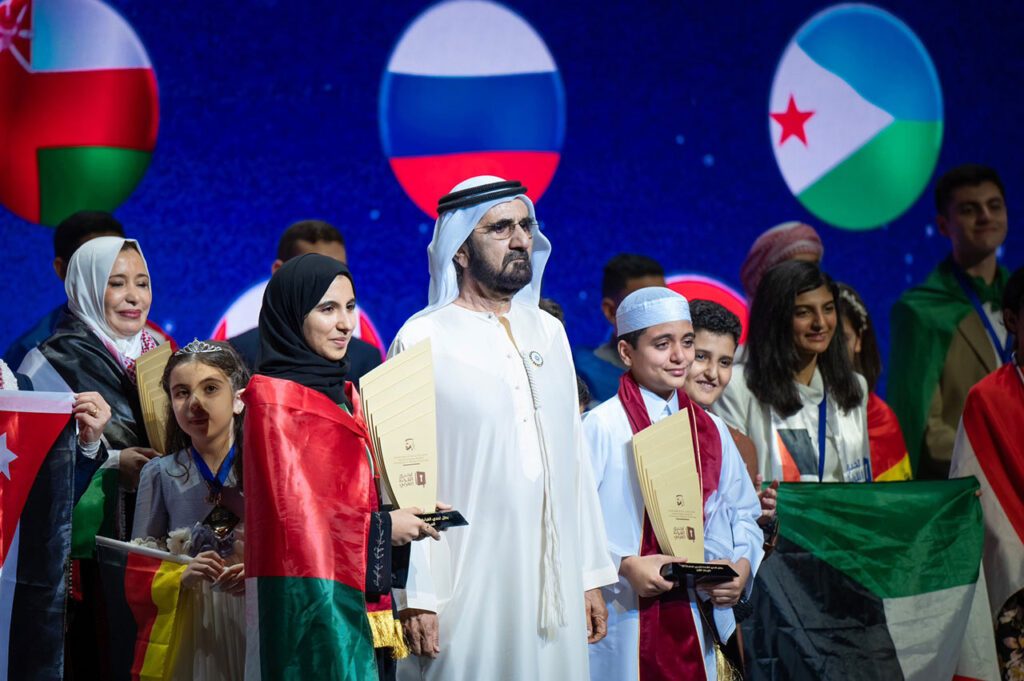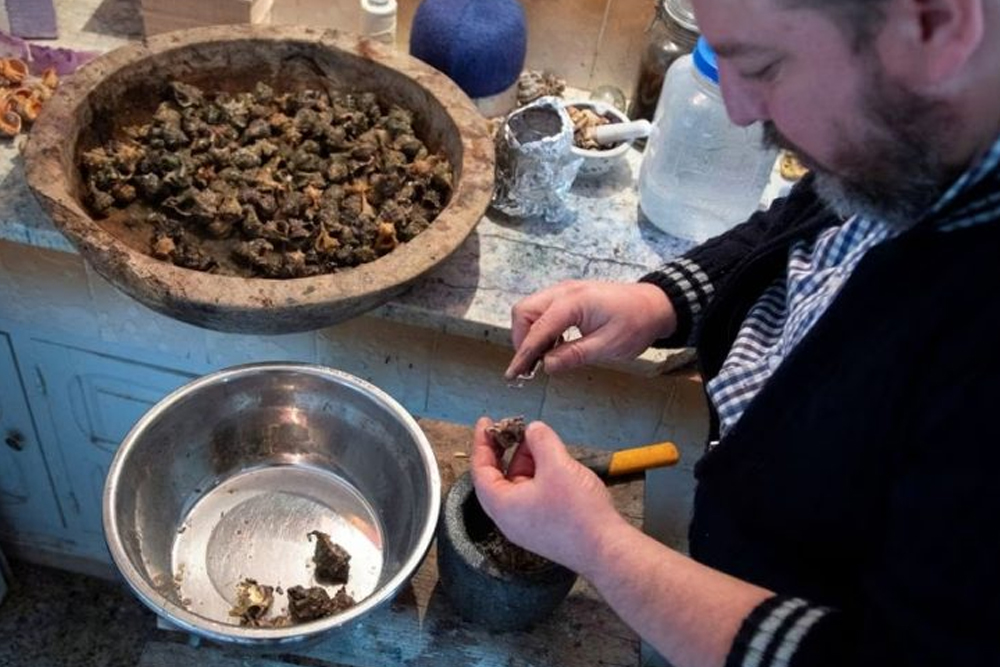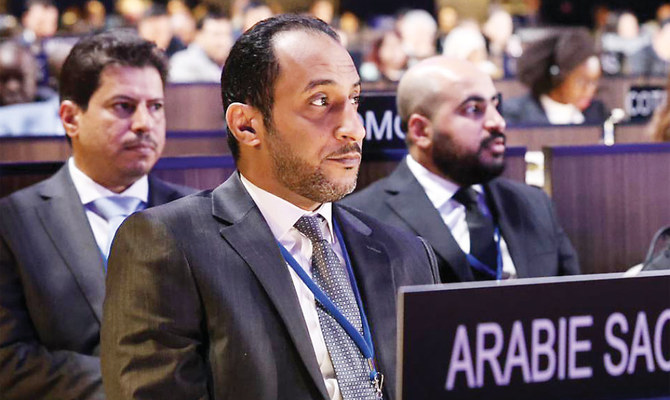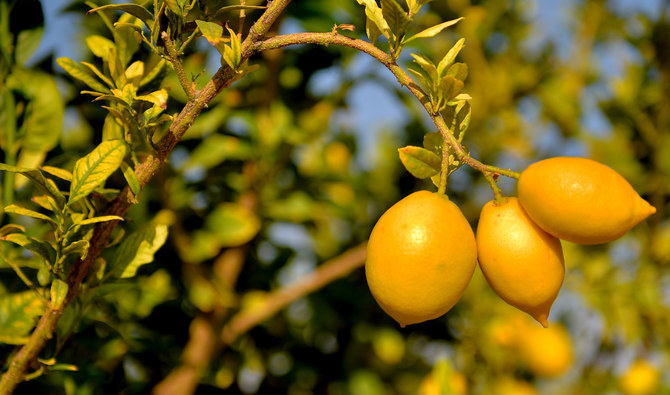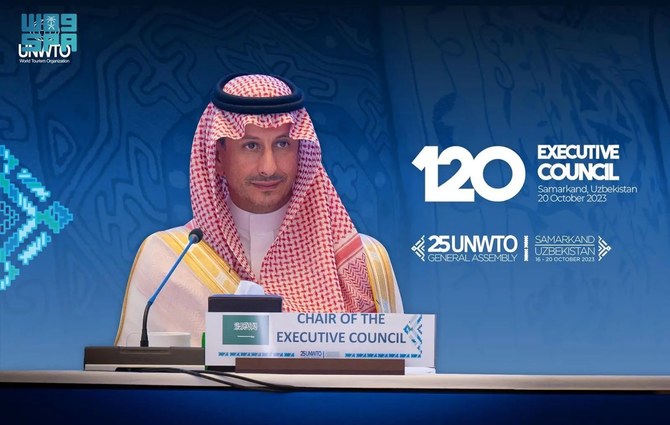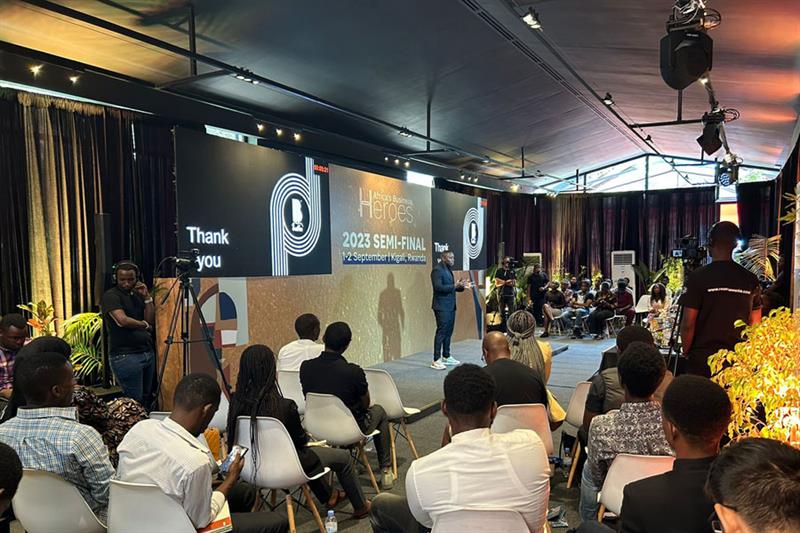Dr Mohamed Ramy El Maarry hopes his example will lead next generation of Arab scientists into planetary studies.
A professor at Khalifa University of Science and Technology has had an asteroid named after him in recognition of his achievements in astronomy.
Dr Mohamed Ramy El Maarry, an Egyptian associate professor of planetary science and director of the Space and Planetary Science Centre at Khalifa University of Science and Technology, received the accolade from the International Astronomical Union.
Asteroid 2002 CZ will now be known as (357148) El Maarry, in recognition of his contribution to the study of comets and planetary science.
“I feel humbled and privileged to get such an honour. In a sense, I look at it as a lifetime achievement award, something that’s going to remain as a legacy,” he said.
“I look at it as a form of extra motivation to do more work to impart the love of science and exploration to the next generation.
“I hope this award can be an inspiration to the next generation of Arab scientists.”
Dr El Maarry’s work in the field of cometary geology is what led to his nomination.
“These sorts of nominations and awards highlight the fact that there are Arabs and people outside of the US and Europe who do significant work in planetary science and they are acknowledged by the international community overall,” said Dr El Maarry.
“I hope it will give them [his students] that extra motivation to remove the stigma that this is the sort of science that is only done by Nasa and people in the West.
“We already know that the UAE is making leaps and bounds in their long-term plans, particularly with regards to space and exploration.”
Belting up for next mission
Dr El Maarry will also be representing Khalifa University as part of the UAE’s recently announced mission to explore the asteroid belt between Mars and Jupiter.
He said the mission was aiming to uncover more details about icy asteroids, which could lead to important clues about the formation of the solar system.
The mission would look to explore seven bodies in the asteroid belt, some of them unexplored, to try to better understand more about icy asteroids which could give important clues on how the solar system formed, he added.
“Our Earth Sciences department offers the only bachelor’s degree in Earth and planetary science in the region,” said Dr El Maarry.
“Our ambition is to prepare the next generation of Emiratis to take part in the upcoming UAE space missions, especially the UAE mission to the asteroid belt, which is due to launch in 2028.”
The mission will involve a five-billion-kilometre journey to perform fly-bys of six asteroids and then send a lander that will touch down on the seventh.
“The naming of the asteroid by the International Astronomical Union after our faculty marks a significant milestone for Khalifa University and the UAE,” said Dr Arif Al Hammadi, executive vice president of the university.
“The recognition also emphasises the globally relevant research that our world-class faculty takes up at Space and Planetary Science Centre in scientific exploration.”
Dr El Maarry’s research covers planetary surfaces and the physical processes that affect them, by using data analysis of remote sensing data, modelling, lab work and comparative planetology mainly through fieldwork.
He has played key roles in numerous international space missions over the past 16 years. His body of work includes Nasa’s New Horizons mission exploring Kuiper Belt Objects at the edge of our solar system, the emirates’ lunar missions , the upcoming ESA ExoMars Rover, Comet Interceptor, the planetary defence mission Hera, and the UAE’s mission to the asteroid belt.
His asteroid can be viewed in the Nasa Small Bodies Database. It is located in the inner asteroid belt, more than 300 million kilometres from the Sun. It orbits the Sun approximately once every three-and-a-half years, and should get closest to the Sun on August 11, 2024.
What is now the (357148) El Maarry asteroid was discovered in February 2002, through the efforts of a joint venture between the Department of Astronomy and Astronomical Observatory of Padova University and the German Aerospace Centre, Berlin.
source/content: thenationalnews.com (headline edited)
___________
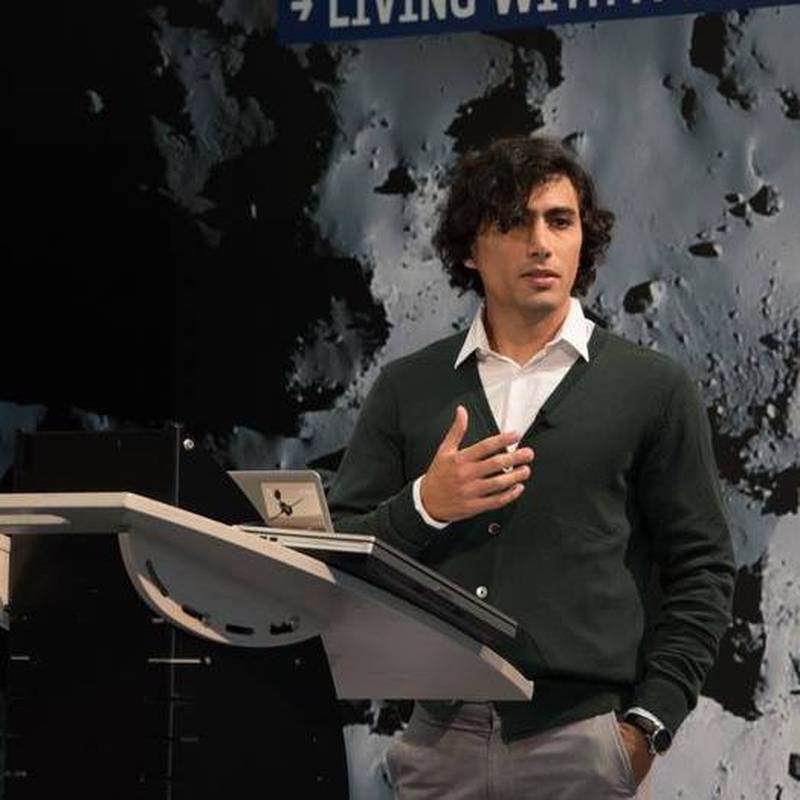
Dr Mohamed Ramy El Maarry was celebrated for work in the field of cometary geology. Photo: Khalifa University of Science and Technology
__________
EGYPT
